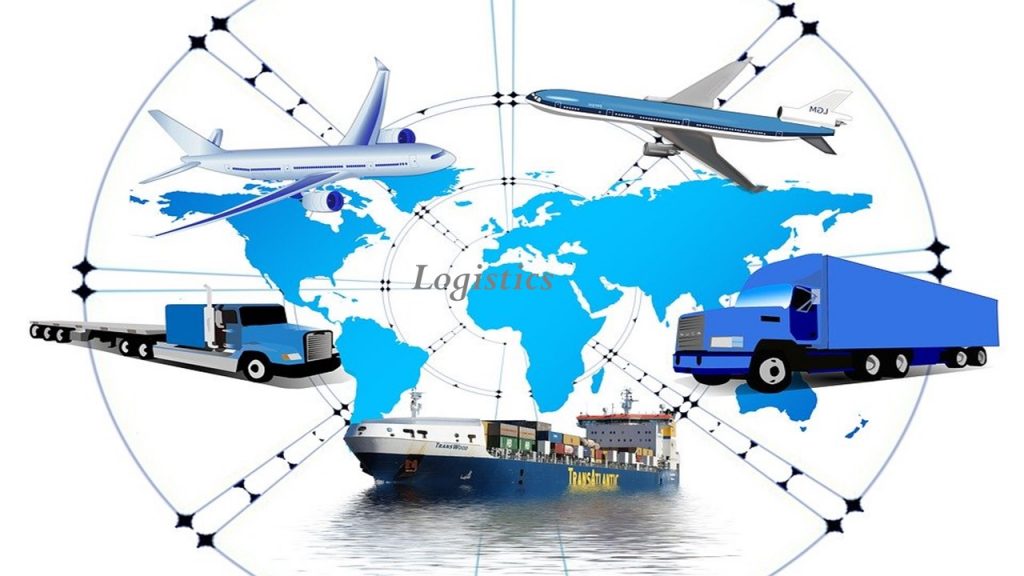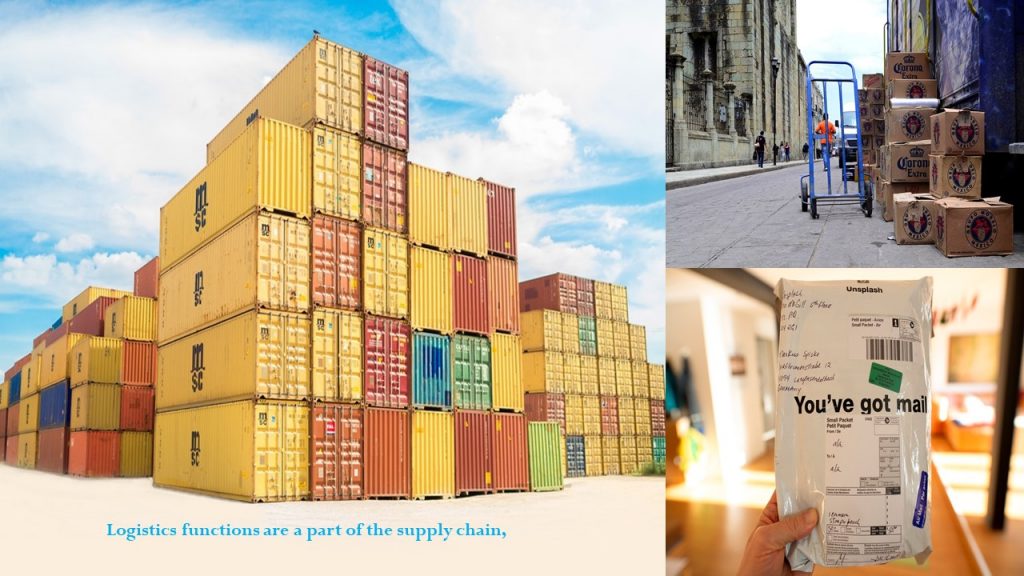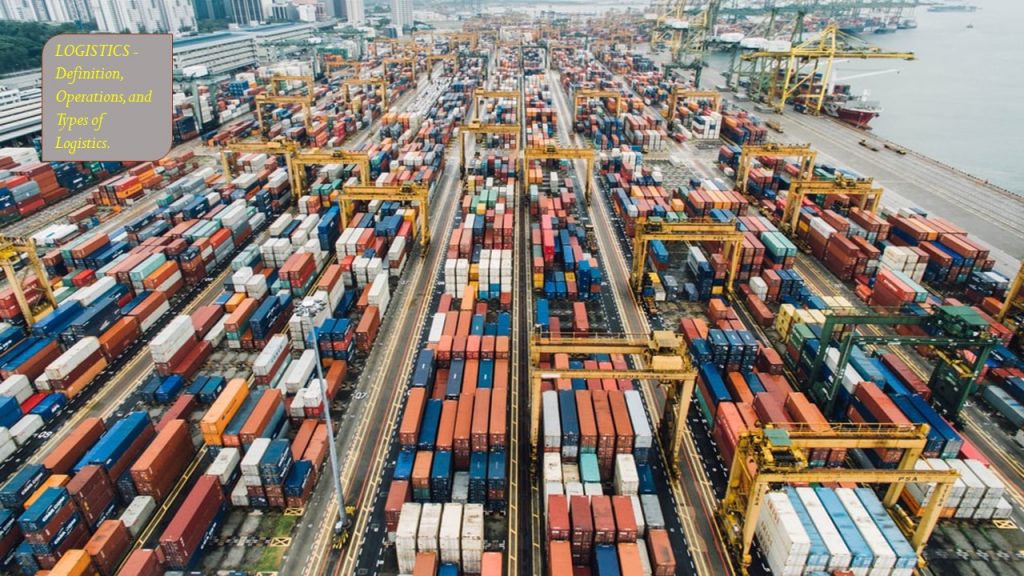It is all activity that allows raw material to become merchandise. Learn about the types of logistics that exist, how it impacts the supply chain, the logistic options that exist and the KPIs.
Logistics are all activities that allow raw material to become merchandise, leave its production point and reach the consumer. These logistics activities consist of flow planning, as well as control, storage, transport and distribution of the product at strategic points.It is all activity that allows raw material to become merchandise. Learn about the types of logistics that exist, how it impacts the supply chain, the logistics options that exist and the KPIs.

The main purpose of the logistics is to guarantee that the product is delivered in the time and form at the lowest possible cost. To achieve it, a synergy of services, information and resources must exist.
Table of Contents
Logistics functions are a part of the supply chain,
The great advantage is that they can be outsourced. These are:
- Order Preparation
- Quantification of inventories
- Inventory management
- Packaging
- Storage
- Transport
- Logistics service provider tracking
- Stock management and control
- Logistic network layout

TYPES OF LOGISTICS
Due to the particularities of the operations, the needs of the customers, and the requirements of the supply chains, there are different types of logistics. These are:
Supply Logistics
- The objective is to guarantee the supply of raw materials, merchandise and supplements necessary for the production processes. In this type of logistics, methods of merchandise acquisition, supply management, delivery times, inventory policies, information systems play an important role.
Distribution logistics
- These are all the activities that guarantee that a product will arrive at the hands of the final customer. This logistics starts from the production of the product until its delivery in place, time, form and quantity required. It involves lifting orders, inventory management methods, delivery times, outsourcing of logistics services, among others.
Production logistics
- Series of processes that guarantee the efficient transformation of raw materials, information and supplements into products and / or services ready for final use. Among the activities involved are the analysis and planning of product flows, the optimization of the resources used and the implementation of quality controls.
Reverse logistics
- This model is designed to recover and return excess inventory, containers, wrappers, packages, goods or obsolete expired that must be destroyed, recycled or repaired, etc.
Integrated logistics
- The model incorporates various systems, activities and services (including logistics) to move, protect and manage raw materials and goods from the points of supply and production to the final customer. Small and medium enterprises can outsource logistic to reduce costs and time in distribution flows. The perfect ally for this is a logistics operator.
OPTIONS OF LOGISTIC OPERATORS
The logistic operator is a provider of one or more storage, order preparation, transportation, cross-docking, reverse logistics, last-mile distribution, accredited verification unit, among others.
There are different types of operators depending on the level of specialization, integration with the supply chain and the areas they can execute. Logistic providers are classified into:
1PL (First Party Logistics):
It is not an operator itself, but a freight transport provider. Speed and security in deliveries are the key factors in choosing a 1PL.
The contracting company maintains the management of the supply chain and other logistics services, including storage.
2PL (Second Party Logistics):
The operator offers freight transport and storage, although at a standard level and national scope.
The optimization and dynamics of the distribution flow are the advantages of 2PL.
The contracting company is responsible for preparing orders and coordinating transport.
3PL (Third Party Logistics):
The operator, in addition to providing (and coordinating) freight transport, logistics and storage space, its management and a part of the supply chain.
The great benefit is the customization and integration of various services.
4PL (Fourth Party Logistics):
In this category, the operator provides the strategy and technological capacity to manage and optimize the supply chain.
5PL (Fifth Party Logistics):
This type of operator combines the operation of 3PL services and the optimization of the supply chain facilitated by 4PL.


